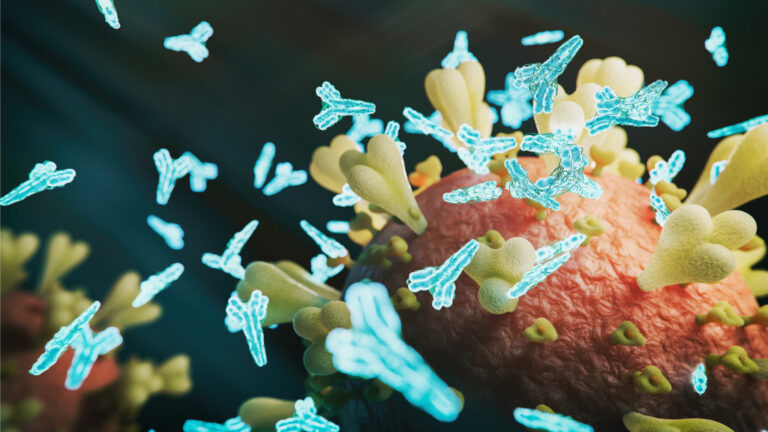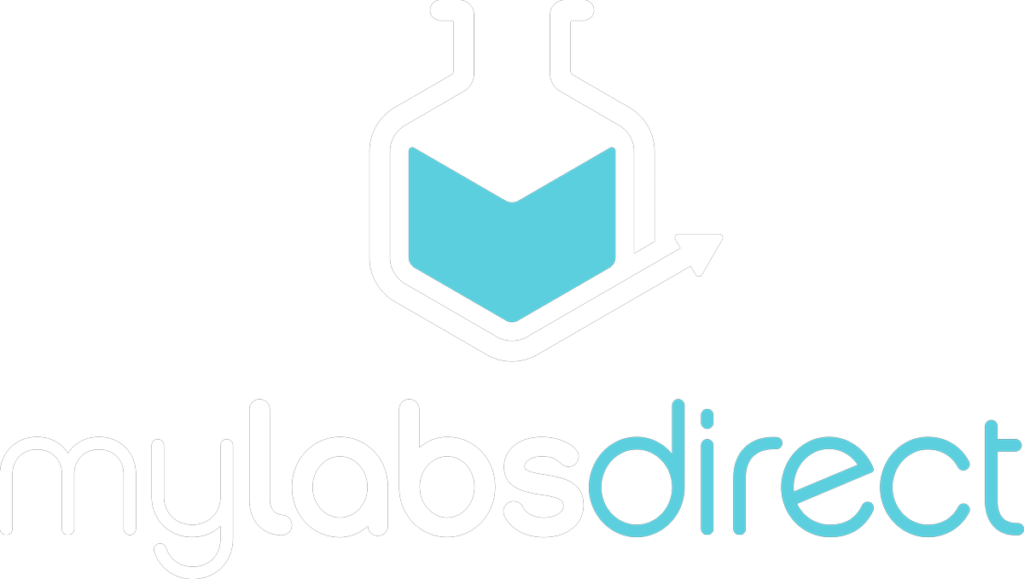How Antibodies Work

Throughout our lives, we’ve experienced enough colds, allergies, and other illnesses to know that germs exist everywhere, which is why it’s fine for our kids to play in the dirt every now and then. Your body has a protective mechanism called the immune response. Whenever it comes in contact with a pathogen, it develops antibodies to recognize the pathogen later and fight it faster.
Like they say, the best offense is a good defense, and antibodies are your defense.
What are Antibodies?
When your immune system recognizes foreign substances, it responds as if it’s being attacked, and your body releases a group of proteins to remove the harmful cells.
These proteins are antibodies. Every time you experience a cold, it’s your body fighting off the infection, leaving you feeling tired and sick. You would likely get sick very easily without antibodies, and even the slightest infection could be fatal.
There are different types of antibodies, and each one performs a highly specialized function. An antibody consists of two polypeptide or protein chains. Together, they form a ‘Y’ shape that gives them the advantage of binding to the invaders or antigens.
Once they cling to the antigen, they go through a process of the ‘neutralization the infection of the antigens,’ according to a review by Forthal, M.D., (2014). This neutralization protects the body from potential infection and diseases, making it one of the essential functions of the immune system.
How do Antibodies Develop?
The process of developing antibodies depends on a few small steps.
First, the immune system recognizes that an unknown pathogen has entered the body. Then, immune cells called B-Lymphocytes are activated. B-Lymphocytes are the extraordinary blood cells that produce antibodies, which then attach themselves to the cells of the pathogen to eventually rid your body of the cold!
It might help to think of antibodies as a blueprint or roadmap to combat a virus. This is why even after the recovery, some antibodies remain in the body, lingering anywhere from three to nine months after infection.
If the same pathogen invades again, the body knows how to fight it effectively and speed up your recovery time.
Antibodies and Vaccinations
There is another way for your immune system to develop antibodies: through vaccination.
When you get vaccinated, the healthcare worker inoculates or introduces an ineffective or dead pathogen in the body. While the pathogen’s infectivity is low in a vaccine, it’s still enough to develop antibodies. Then, if the body is affected by the same antigen, the antibodies will already be prepared to fight it off.
The COVID-19 vaccination works in the same way. The antibodies from COVID-19 can last for an extended amount of time. However, scientists still aren’t sure how long the vaccine will protect against the virus since it’s still very new to scientific research. In addition, the COVID-19 vaccination is surrounded by myth and controversy. Social media and many other factors can influence an individual’s decision, but research tells us that the vaccine prevents a severe reaction to an infection.
References
- https://www.ncbi.nlm.nih.gov/pmc/articles/PMC4159104/
- https://www.nature.com/articles/d41586-021-01442-9
- https://asm.org/Articles/2020/May/COVID-19-Serology-Testing-Explained

